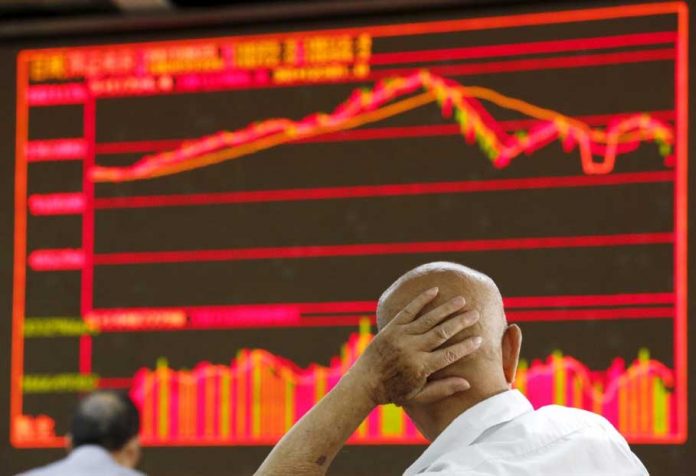
TOKYO – Asian shares and United States (US) stock futures dipped on Wednesday after British lawmakers rejected the government’s timetable to fast-track legislation for its deal to take Britain out of the European Union (EU).
Technology shares in the region were knocked after Texas Instruments forecast current-quarter revenue well below estimates in a sign the global microchip industry is being squeezed by a downturn in demand and a prolonged US-China trade dispute.
In after-hour trade, Texas Instruments shares tumbled 9.8 percent, driving down other chipmaker shares including Intel and Nvidia.
In Asia, SK Hynix slipped one percent while Tokyo Electron fell 3.6 percent.
“This will be a warning on semi-conductor shares, which have put on a strong performance recently,” said Norihiro Fujito, chief investment analyst at Mitsubishi UFJ Morgan Stanley Securities.
S&P500 mini futures dropped 0.4 percent while Japan’s Nikkei dipped 0.3 percent. MSCI’s broadest index of Asia-Pacific shares outside Japan fell 0.17 percent.
On Tuesday on Wall Street, the S&P 500 lost 0.36 percent.
In the currency market, sterling traded at $1.2897, below five-month highs of $1.3012 set on Monday in a volatile trading session.
But the currency still kept hefty gains made over the past fortnight on growing expectations that a no-deal Brexit will be avoided even though it is still not clear how the process will unravel.
The defeat in parliament meant Britain would not be able to finalize its exit by Prime Minister Boris Johnson’s Oct. 31 deadline.
The next step, Johnson said, would be waiting for the EU to respond to a request to delay the Oct. 31 Brexit date, which the prime minister reluctantly sent to Brussels on Saturday after being forced to do so by lawmakers.
A source in Johnson’s office said on Tuesday that a new election is the only way to move on from Britain’s Brexit crisis if the European Union agrees to a delay until January.
“Broadly speaking, there are two scenarios. There will be a short extension before the parliament will agree on Johnson’s plan. Or there could be a general election, which would need a longer extension,” said Kyosuke Suzuki, director of forex at Societe Generale.
“But it now seems unlikely that Britain will crash out of the EU on Oct. 31,” he said.
Receding worries about a no-deal Brexit also underpinned the euro, which stood at $1.1130, off Monday’s two-month high of $1.1180.
The yen ticked up to 108.48 yen per dollar, in a slow recovery since hitting a 2-1/2-month low of 108.94 on Thursday as falls in global shares soured risk sentiment.
The dollar was broadly weak, ahead of a Federal Reserve policy meeting next week, where policy makers are expected to cut interest rates by 0.25 percentage point.
Oil prices fell after industry group data showed US crude stocks rose more than expected last week.
Still, on the whole the market held firm after China signaled progress in trade talks with the United States and OPEC and its allies pondered deeper production cuts.
Brent crude futures fell 0.49 percent to $59.41 a barrel while US West Texas Intermediate (WTI) crude lost 0.64 percent to $54.13 per barrel. (Reuters)







